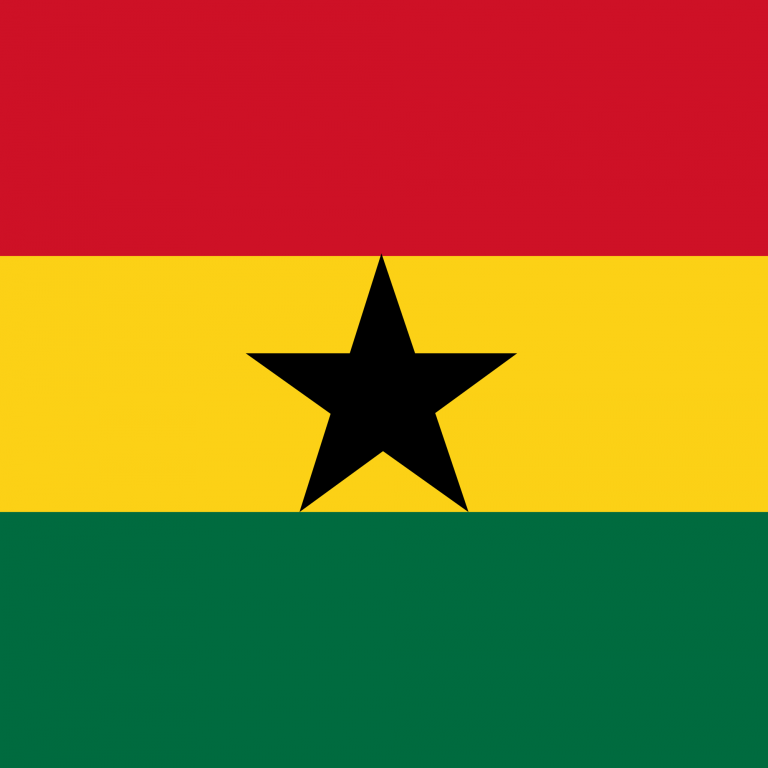DOOR International has been prayerfully working to start a church planting and evangelism ministry in Angola since 2019.
About Angola
Angola, a country located on the west coast of southern Africa, is one of the largest countries in Africa in terms of both geography and population. With population figures hovering around 34.8 million and a high infant mortality rate, Angolans have limited access to medicine, technological advances, and other innovations that may be widespread elsewhere. The capital city is Luanda, and the primary language spoken in Angola is Portuguese.
In 2019, we had a language survey team go into the country to interact with the Deaf population and assess the linguistic and cultural situation there. The survey team traveled to four of the most populous cities in Angola: Luanda, Benguela, Huambo and Lubango.
They met with a large sample of the Deaf population to evaluate the sign languages used in the country, providing them with the necessary exposure and tools to determine the proposed course of action for DOOR.
Their findings were that the Deaf populace primarily used Angolan Sign Language. The variations in the sign languages throughout the country were not significant and a Deaf person living in Luanda would be readily understood by a Deaf person living in Lubango, even though the two cities are distant from each other geographically.
Many Deaf people in Angola are jobless and live on the streets. A few become teachers at the Deaf schools, and the others who have jobs are primarily engaged in manual labor, such as welding, stone masonry, and mechanical work.
In addition to researching the cultural, linguistic, and socio-economic aspects of the Deaf community in Angola, the team evaluated the status of Deaf churches and Deaf Christians in the country, finding no Deaf-led churches and very few Christians. There is also no Scripture published in Angolan Sign Language.
The 2-by-2 leadership categorized Angola as a level one country according to DOOR’s system that assesses the needs of the different regions we minister to. To read more about the categories, go to page 9 of DOOR’s 2020 Report.
2022 Visit
DOOR International, after receiving the findings of the survey team, presented the results to the International Ministry Council, a group comprised of experienced Deaf leaders from all over the world, and they gave their approval to establishing a church planting and evangelism ministry in Angola (also known as 2-by-2).
Fast forward to March 2022, the restrictions imposed by the Angolan government in response to the 2020 COVID pandemic were finally lifted from the country. DOOR sent one of the missionaries, Kennedy Oyoo, along with logistics support specialist Boniface Mbari to the capital city, Luanda, to provide an updated assessment of the situation there, due to the last evaluation being three years old. They also took the opportunity to research long term visas in Angola and figure out the necessary documents and requirements.
Not much has changed in the cultural and spiritual climate with one exception. There is now a single Deaf church in Angola, located in Luanda in the district of Sao Paulo. This church was established at the end of 2021, and is led by a Deaf Zambian pastor.
However, Kennedy and Boniface noticed that there were no indigenous Angolan leaders in the church, and the services only used a single song over and over again. There is no way for the congregation to access God’s Word in Angolan Sign Language.
While Kennedy was in Luanda, he was able to connect with the leaders of the local Deaf association. They have shown an interest in the process so far, and they have been welcoming and supportive of DOOR’s efforts to start 2-by-2 work in Angola.
“The Deaf need to learn more about God’s Word. They are eager, but no one is giving them a clear explanation through their heart language.”
Kennedy Oyoo Tweet
About Our Team
As mentioned before, Kennedy Oyoo is one of the missionaries from Kenya that will be relocating to Angola, along with Peter Maina. Both Kennedy and Peter have been involved in the 2-by-2 ministry in their home country of Kenya for many years.
Kenya has a thriving network of Deaf Christian leaders and Deaf-led churches now, and is not dependent on the 2-by-2 teams’ presence and support.
Their experiences working in Deaf ministry will be beneficial to their work in Angola as they focus on not only evangelizing to the unreached, but also to identify candidates who have strong leadership potential.
Once these candidates are identified, the team will provide in-depth Biblical training on evangelism and church planting to help empower indigenous Deaf Angolans to become church leaders and evangelists in their communities.


